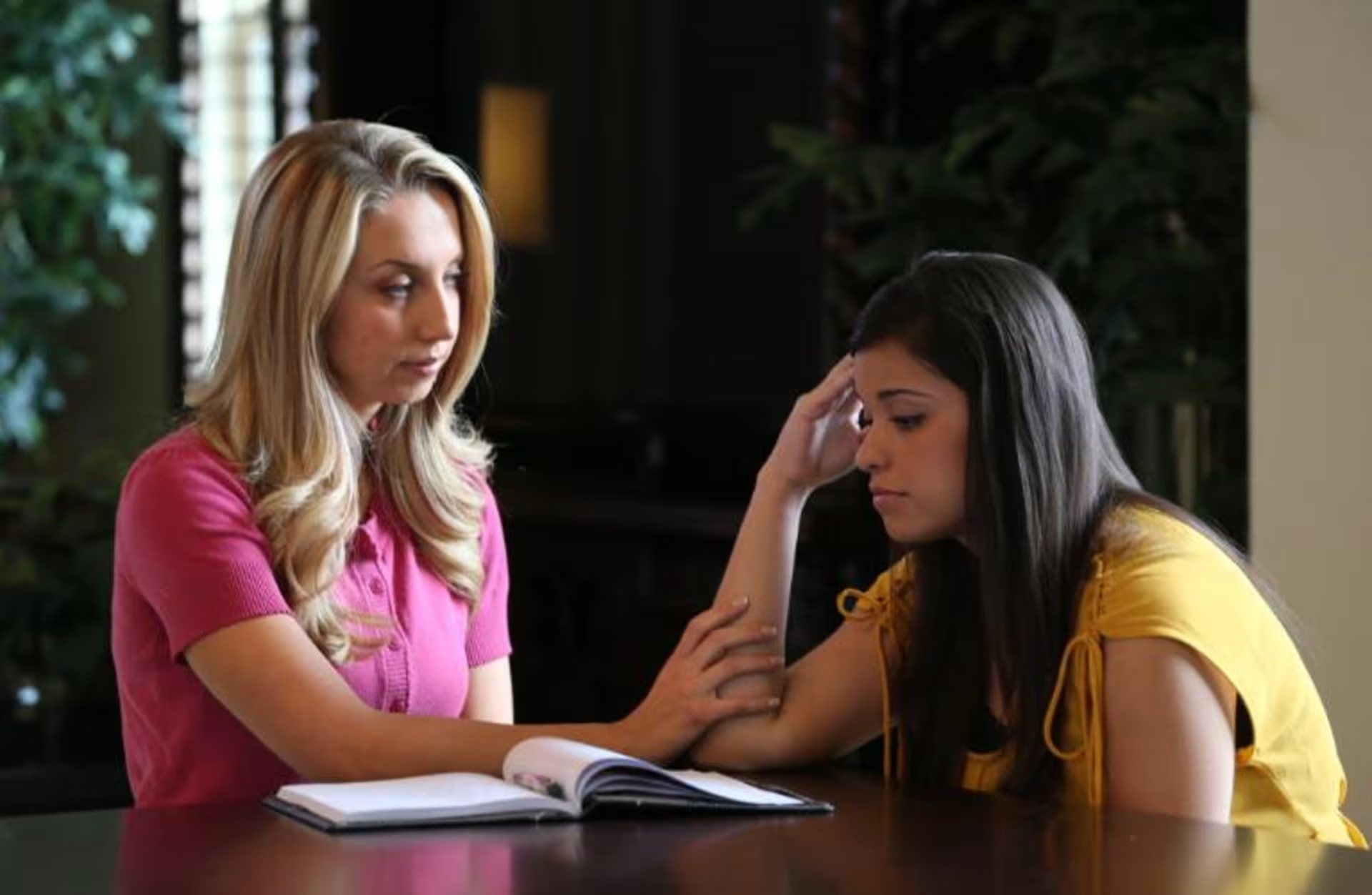Read time 3 minutes
Published on Feb 11, 2019
Read time 3 minutes
Published on Feb 11, 2019
Speak with a University Counselor today.
The views and opinions expressed in this article are those of the author’s and do not necessarily reflect the official policy or position of Grand Canyon University. Any sources cited were accurate as of the publish date.

Any objective look at the numbers will reveal that the incidence rate of school shootings in the U.S. is frighteningly high. Since an act of mass violence could happen anywhere, all school counselors must be prepared to deal with the aftermath. It is important to know how to help students cope with the effects that a school shooting can have on then emotionally. Of course, preventive interventions are also essential. Proactive counselors can work with students, parents and other school staff to identify at-risk youth and provide the services necessary to prevent a tragedy.
It’s ideal for schools to already have a plan in place just in case the worst should happen. School counselors can be prepared by developing a psychological crisis response plan. The plan should identify all available resources in the school and out in the community. Community resources might include the local mental health centers, disaster response networks, health care professionals, the local Red Cross chapter, police agencies, fire departments and other first responders. The school can coordinate mutual aid agreements among these partners so that a plan of action can immediately go into effect if a mass shooting occurs.
Psychological first aid is not a long-term trauma treatment modality. As the name suggests, it’s like a Band-Aid intended to help victims of trauma cope with the immediate aftermath of the incident. Ideally, victims will later seek long-term therapy services. There are a few different models of PFA. With the rise in school shootings during the 1990s, the Listen, Protect and Connect (LPC) model was developed specifically for those incidents. LPC’s primary goals are twofold:
LPC is an evidence-informed methodology that uses the following steps:
During the coming weeks and months, the counselor’s role expands. As students return to school, counselors must be prepared to help them address new and ongoing challenges, such as problems focusing on schoolwork and persistent feelings of insecurity.
Grand Canyon University brings a Christian worldview to our academics. We invite students interested in becoming counselors to explore our BS degree programs by clicking on the Request More Information button. Those who have a particular interest in working with trauma victims may choose to enroll in our Bachelor of Science in Behavioral Health Science with an Emphasis in Trauma program.
A school’s internal resources can include any staff member who is capable of providing psychological first aid (PFA). However, a PFA is supposed to be used by a mental health worker, such as a school counselor. Any teacher, staff member or parent can receive training in psychological first aid. School counselors can play an important role in designing and implementing these training programs and if necessary, overseeing and providing PFA in the aftermath of a school shooting.